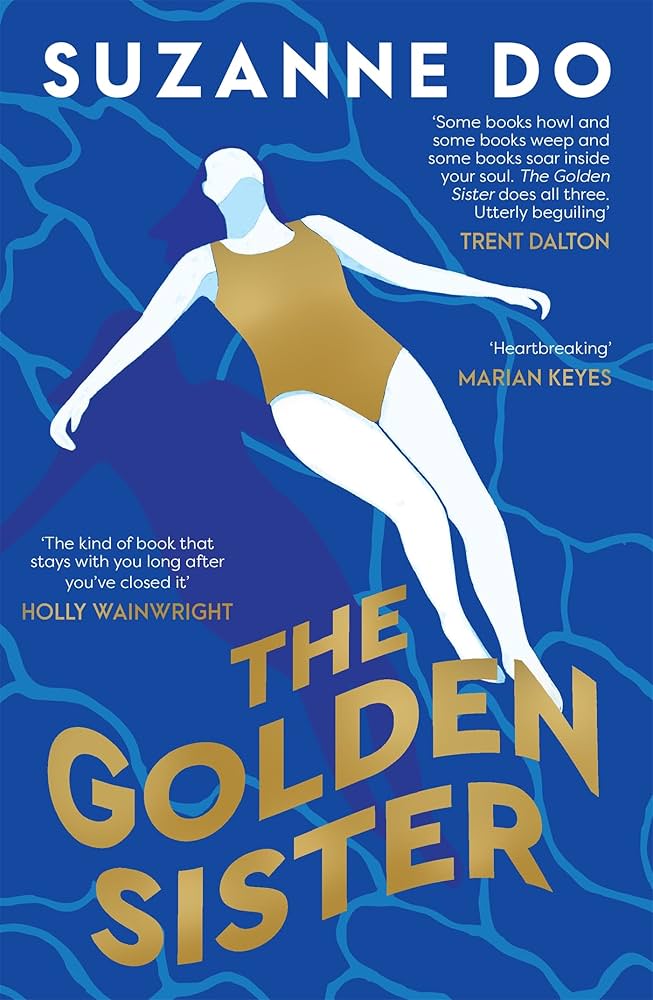Book reviews
Book reviews
Macmillan Australia
By on
Book title: The Golden Sister by Suzanne Do

Reviewer: Elizabeth Blackwood
From its opening, The Golden Sister launches the reader into a swirling narrative of grief, mystery, and redemption. Suzanne Do’s debut novel follows Lili Berry, an aspiring realtor and self-professed black sheep of her family, whose life is turned upside down with the death of her twin sister, Honey. Whilst police insist that the death was an unfortunate overdose, Lili is convinced that there is more to the story and won’t stop until she gets to the truth.
Lili’s life has always been one of comparison against her golden sister, while an unsympathetic mother and toxic work colleagues have driven her into a life on autopilot. An outsider in both her home and work life, Lili finds direction in the pursuit of the truth about her sister’s death. Here she runs into Pete, another outsider who lives on the fringes since the disappearance of his son fifteen years ago. As Pete was the one who found Honey, an uneasy alliance is formed. Together they work to find peace and truth amongst the lies and gossip of their town.
Do’s narrative style is unpretentious and dialogue-driven; she lets character and plot carry the emotional weight of the themes. One of the novel’s greatest strengths is its characters. Lili’s internal conflict, self-doubt, grief and desperation to matter are well-crafted, intimate, and familiar. Pete’s wise and unstable nature, combined with his backstory, offer a welcome counterpoint to Lili’s own quest. It is their relationship that holds the novel together and provides many of the moments that will stay with you long after you read it.
The Golden Sister uses crime and mystery to explore grief, identity and family. The novel offers both tension and catharsis, and demonstrates the importance of finding closure on unanswered questions. It is a deeply affecting read and will appeal to any who enjoy mysteries with emotional stakes, small town settings, and characters haunted by their pasts.
Loved reading about The Golden Sister? Imagine the impact of helping a child discover their first favourite book.
By supporting Booktober, you’re helping the next generation in Western Sydney and regional NSW find their voice - and maybe even write the books you’ll be reading in the future.
Donate today at booktober.org.au/donate
Or Support a Bookworm like Elizabeth at booktober.org.au/users/elizabeth-blackwood
Reviewer’s bio: